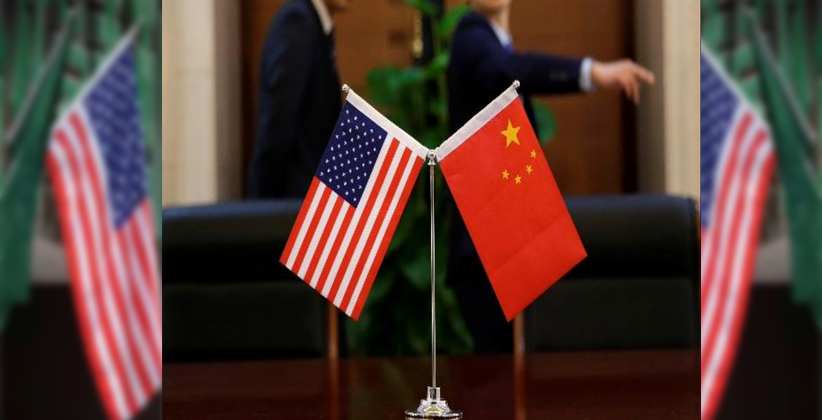The Government of the U.S. has imposed trade sanctions on 11 companies that are claimed to be involved in the abuse of human rights in China's Muslim northwestern region of Xinjiang.
The announcement made on Monday (20th July) is in addition to the U.S. pressure on Beijing over Xinjiang, where the ruling Communist Party has allegedly carried out mass detentions, forced labor, and other abuses against the Muslim minorities.
Xinjiang is in a series of conflicts including human rights, trade & technology which are the reason behind the plunge of the U.S.-Chinese relations to their lowest level in decades.
The U.S. Government has also imposed sanctions on 4 Chinese officials over these accusations. Beijing responded by announcing unspecified penalties on 4 U.S. senators who are critiqued its human rights record.
The Department of Commerce said the addition of these 11 companies to its Entity List will put limitations on their access to U.S. goods & technology. Details of the goods that might be affected have not been revealed.
Commerce Secretary, Wilbur Ross stated that this action will ensure that their goods and technologies are not used in the Chinese Communist Party's to inflict abuse on the defenseless Muslim minority populations.
It has been estimated that 1 million or more members of the Uighur and other Muslim ethnic minority groups have been detained by China in internment camps.
The camps have been described as vocational training facilities aimed at countering the Muslim radicalism & separatist tendencies. It is said that those facilities have been closed, a claim that is not likely to be confirmed given the restrictions on visiting & reporting about the region.
Veterans of the camps & family members say they are held against their wishes, often threatened with violence, to denounce their religion, culture, and language and swear their loyalty to Communist Party leader & head of state, Xi Jinping.
The companies mentioned in the announcement made on Monday (20th July) include clothing manufacturers & technology suppliers.
2 companies- Xinjiang Silk Road BGI and Beijing Liuhe BGI, are subsidiaries of BGI Group, one of the world's biggest gene-sequencing companies. As per the Commerce Department, they were conducting genetic analyses to further cause the repression of Muslim minorities.
Human rights groups say security forces in Xinjiang are possibly creating a genetic database with samples from millions of people which includes blood and other samples, that the subjects are compelled to provide. Authorities have gathered genetic information from the Chinese public across the country for almost two decades which the Government claims is to be used in law enforcement.
The BGIs public relations and investor relations departments did not answer the phone calls made to it on Tuesday (21st July).
3 of the companies mentioned were identified by investigations made by The Associated Press (AP) in 2018 and 2020 as being implicated in forced labor.
A company named Nanchang O-Film Tech, that supplies screens & lenses to Apple, Samsung & other technology companies. AP reporters found that employees from Xinjiang at its factory in the southern city of Nanchang were not allowed to go out unaccompanied & were required to attend political classes.
A shipment from the second company, Hetian Haolin Hair Accessories, was seized by the U.S. Government, suspecting that it was made by forced labor. People who worked for the third, Hetian Taida, involved in the production of sportswear sold to U.S. universities and sports teams, told AP that detainees were made to work there forcibly.
Similar restrictions were imposed in October 2019 and in June this year on a total of 37 companies that were claimed to be engaged in or enabling abuses in Xinjiang.
The department issued a warning on 1st July saying that the companies handling goods made by forced labor or that supply technology that might be used in labor camps or for surveillance could face certain unspecified reputational, economic & legal risks.
The Chinese foreign ministry has criticized the warning and said that Beijing will take necessary measures to protect the Chinese companies. No further details were given.








